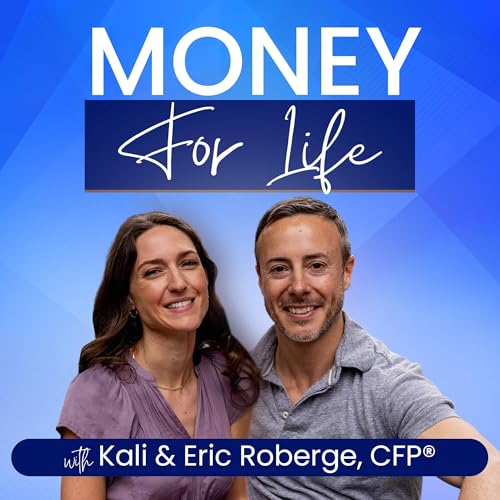Are you constantly running on empty, juggling work, family, and endless household tasks? Then you may need to take advantage of an often-underutilized strategy for high-earning professionals: use your money to buy back your time.
No, you should NOT do everything yourself, and we don't believe outsourcing is some kind of sign of moral failing or judgment on your inability to successfully manage things on your own.
The truth is, using your money to buy back time is a strategic investment in what matters most.
Discover how to create a "shed column" to identify which tasks are draining your time and energy, calculate the ROI of outsourcing using your hourly rate, and overcome the guilt many feel about asking for help.
Throughout this episode, we share personal examples of how we've done this in our own life, including the biggest investment in ourselves and our time that we've made to date: hiring a house manager. We also explain the surprising benefits that you may not think of when trying to calculate ROI, like less stress in our relationship and modeling healthy boundaries for our daughter.
Whether you're drowning in meal planning, house cleaning, or endless errands, this episode provides a practical framework for evaluating what to outsource first and how to make it work within your budget. Learn why investing in time (not just accumulating wealth on paper) might be the most valuable financial decision you can make, especially during your peak earning years when time with young children is most precious.
KEY TAKEAWAYS
1. Start with your values, not your budget: Before deciding what to outsource, identify what matters most to you emotionally and practically. We didn't hire a nanny because spending time with our daughter was a top priority, but we DID outsource household tasks like cleaning, meal prep, and errands to create more family time.
2. Use the "shed column" strategy to prioritize: Create a list of everything you currently do, then move tasks you hate or shouldn't be doing into a "shed column." Prioritize outsourcing based on two factors: what's cheapest to delegate and what you despise doing most. This list can even become a job posting for a house manager or part-time assistant.
3. Think of outsourcing as leverage, not just spending: If your hourly rate is $300 and you pay someone $100 to handle household tasks, you're gaining an hour of higher-value time back. Even if you're not using that time to work more, you're investing in experiences and relationships, which has immeasurable value.
4. Don't assume there's no one to help you with your "shed" tasks. There are many people who enjoy this work and have the availability for part-time hours.
5. The mental load relief is as valuable as the time itself: Beyond the hours saved, outsourcing eliminates the cognitive burden of managing endless details—like creating grocery lists, tracking household supplies, or coordinating schedules. This mental space allows you to be more present with family and more effective at work.
6. Outsourcing reduces household tension and models healthy boundaries: When you're not constantly overwhelmed, you're less snippy with your partner and can enjoy quality time together. Your children also learn that it's okay to ask for help and create life balance, rather than viewing the "rat race" as inevitable.
7. The opportunity cost is real during peak earning years: The years when you need to be most present at work (peak earning years) often coincide with when your kids are young and need you most. Using money to outsource everything else during this critical window lets you focus on what truly can't be delegated—building your career and your relationship with your children.
Ready to create, use, and enjoy money for life? Request a complimentary consultation with us at BYH and discover how to optimize your investments, reduce your tax burden, and grow your wealth: https://beyondyourhammock.com/schedule
 35 分
35 分 2026/02/0950 分
2026/02/0950 分 2026/01/2637 分
2026/01/2637 分 47 分
47 分 2025/12/2928 分
2025/12/2928 分 37 分
37 分 2025/12/0133 分
2025/12/0133 分 32 分
32 分
